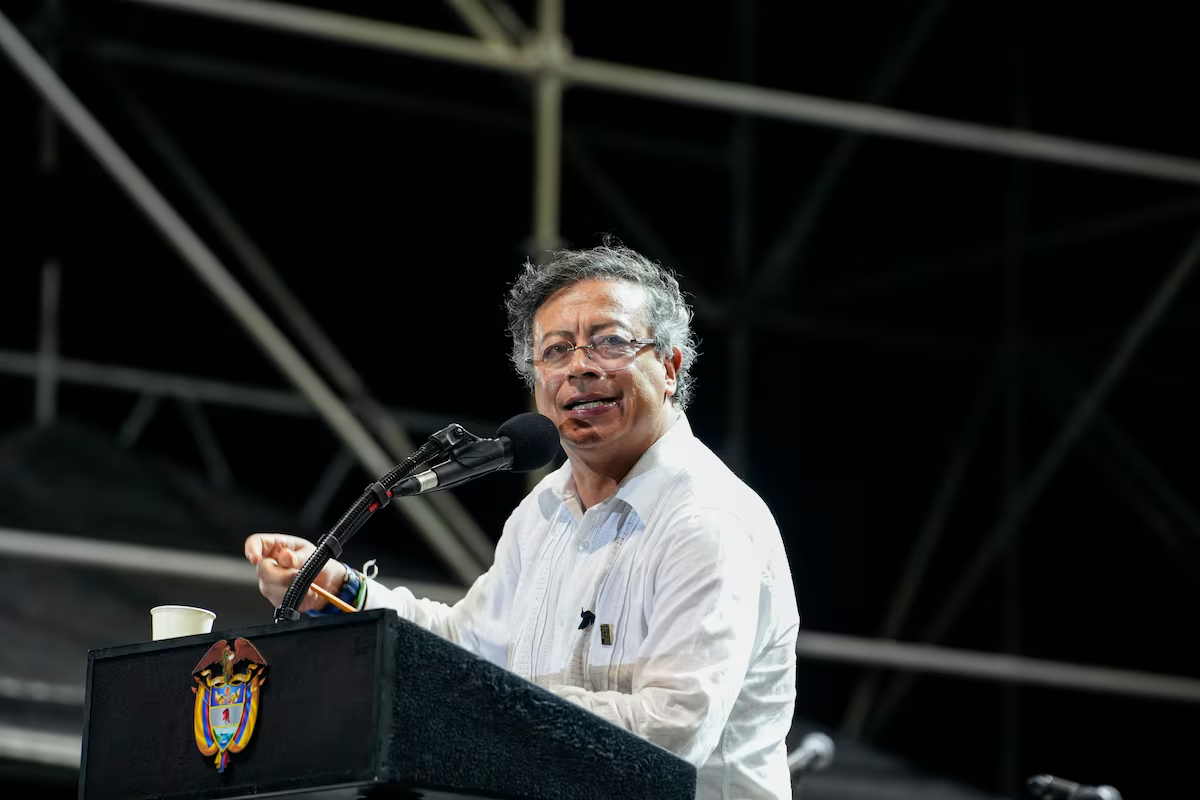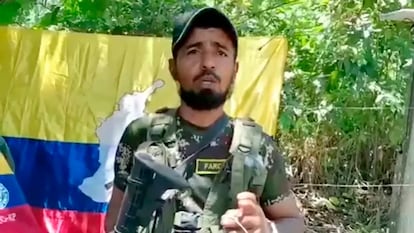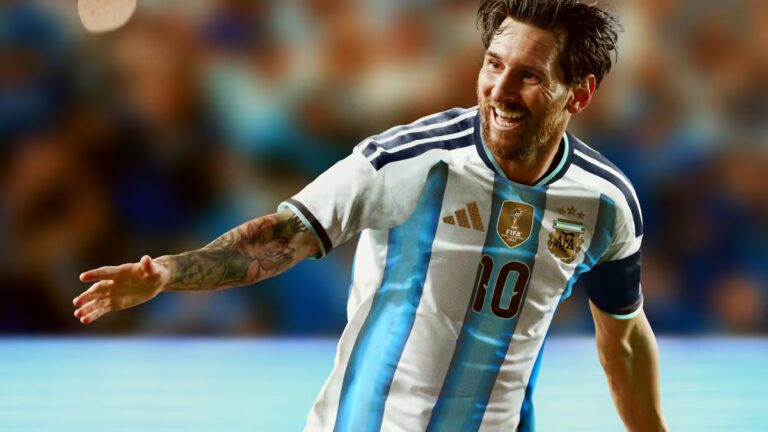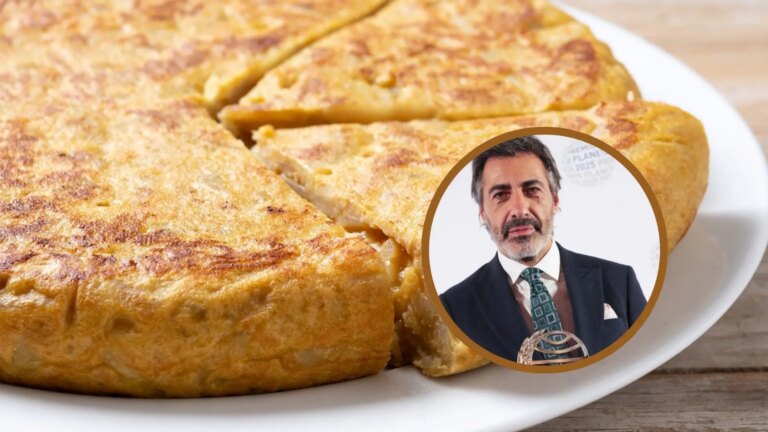
The Colombian public prosecutor’s office receives extradition proceedings from various countries every year, and the movement of files has been unusually slow recently. President Gustavo Petro, who must give final approval when a person is transferred to another country to serve a sentence or stand trial, keeps dozens of cases in his Oval Office that have already passed all previous steps, including Supreme Court approval. Although Colombia maintains high delivery rates, the timing of its decisions, one of the most traditional and notorious avenues for cooperation with the United States in the fight against drug trafficking, has become more erratic. Petro has questioned this in the past, and it has become the center of intense conflict with President Donald Trump. Colombia even canceled his visa, called him a “drug-trafficking leader” and added him to a list of sanctions against him for drug-related charges.
At first glance, cooperation remains. In the first half of this year, Colombia carried out 154 extradition cases, of which 84 were for crimes related to drug trafficking, and 94 went to the United States, compared to 198 in all of 2024. However, behind the global numbers is an increase in requests and a stagnation in the cases of some big-name executives, which were normally processed in high courts and are now frozen in administrative bodies.
At the beginning of the Petro government, with Nestor Osuna as Minister of Justice, the administration promoted judicial cooperation. In 2023, the government reported 264 extradition cases, the highest annual figure since 2015, and carried out 198 extradition cases in 2024. During this period, the average time between Supreme Court approval and presidential signature was one to two weeks. His successor, Ángela María Buitrago, also continued to make certain deliveries during her tenure. This deadline is in stark contrast to the current one, and has drawn the attention of prosecutors and lawyers participating in the proceedings.
One of the most emblematic cases illustrating this change is that of Larry Amaury Álvarez Nuñez. larry changa, Second commander of the multinational organization Torren de Aragua. The Venezuelan national has been detained in Bogota’s La Picota prison since June 2024. A court approved his extradition a year later after a complicated process, but the president’s signature, which usually takes up to a week, is still pending five months later.
A Colombian prosecutor’s office official with knowledge of the process said there were initial administrative delays as Chile and Venezuela demanded that Changa be tried for crimes committed on their territory. As with other procedures of this type, the requests first came to the Ministry of Foreign Affairs, which forwarded them to the Attorney General’s Office. The investigating agency will conduct the first judicial review, including identity verification. The case is then sent to the Supreme Court, where an identity analysis is carried out to see, for example, whether the crime for which the person is wanted is also classified as a crime in Colombia. In the case of Larry Changa, this analysis took a long time because there were two requests at the same time. The Supreme Court ultimately approved his transfer to Chile, but the man remains in prison in Bogota. All that is missing is the president’s final signature, leaving him free to refuse extradition. The bottleneck is no longer the judicial review, but the final stages of Casa de Nariño.
Another man whose judicial future depends on Petro’s signature is Giovani Andres Rojas, also known as Giovani Andres Rojas. spider. He is the head of the so-called Border Commando, a FARC dissident group operating in the Amazonian department of Putumayo. He was detained in Bogotá in February last year while participating in a meeting with government representatives as a peace officer. At the time, the prosecutor’s office argued that a national arrest warrant against him had been suspended because of his role in the dialogue, but an arrest warrant for extradition had not been suspended, which the U.S. government had requested.
What came was a public freeze on extradition. Other representatives of the armed group continued negotiations on the condition that Aranha remain in Colombia, and Petro notified the suspension of the transfer through the Ministry of Justice. “If the president signs the extradition, this group will immediately walk away from the table,” acknowledged a lawyer advising the process. The government recognizes that any move on this file could “break the trust” it has been trying to build with the group, which is one of the few with a process to advance a full peace policy.

The third infamous case is that of aka Willington Henao. Mocho Olmedothe leader of a defunct FARC dissident group known as the 33rd Front, a group that is negotiating with the executive branch. The Supreme Court approved his extradition to the United States in May, but the order was suspended by the government in July and has not yet been reinstated. The latest case to rely on the executive branch’s signature is that of alias Andres Felipe Marín. pipe trua, He is the leader of the criminal organization La Inmaculada, and his extradition was approved by the High Court on November 12, making him a key target for American justice. Tensions between the Petro and Trump are high, and the Petro is unlikely to be reinstated given Colombians’ bet that full peace will be fruitful in the remaining nine months of his term.



